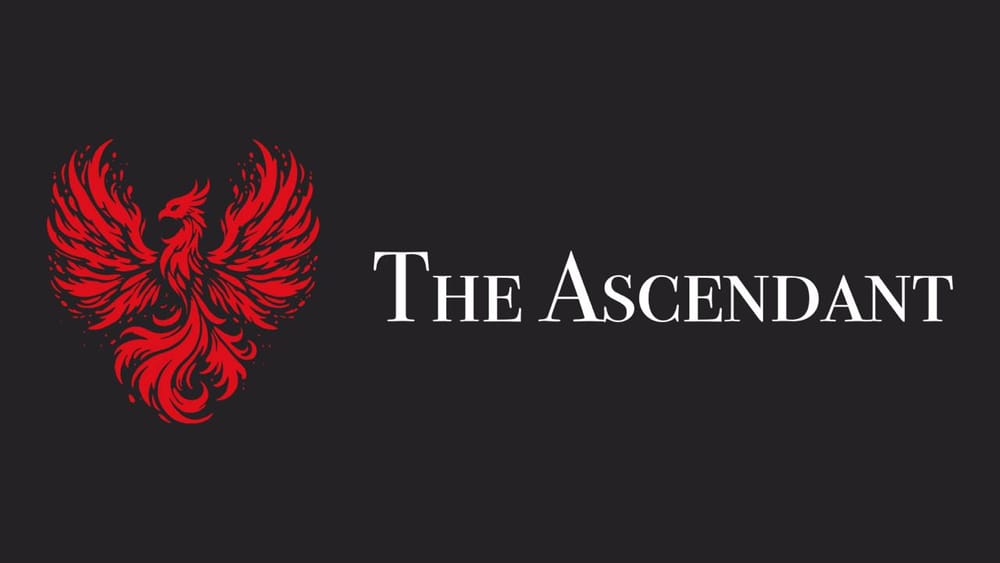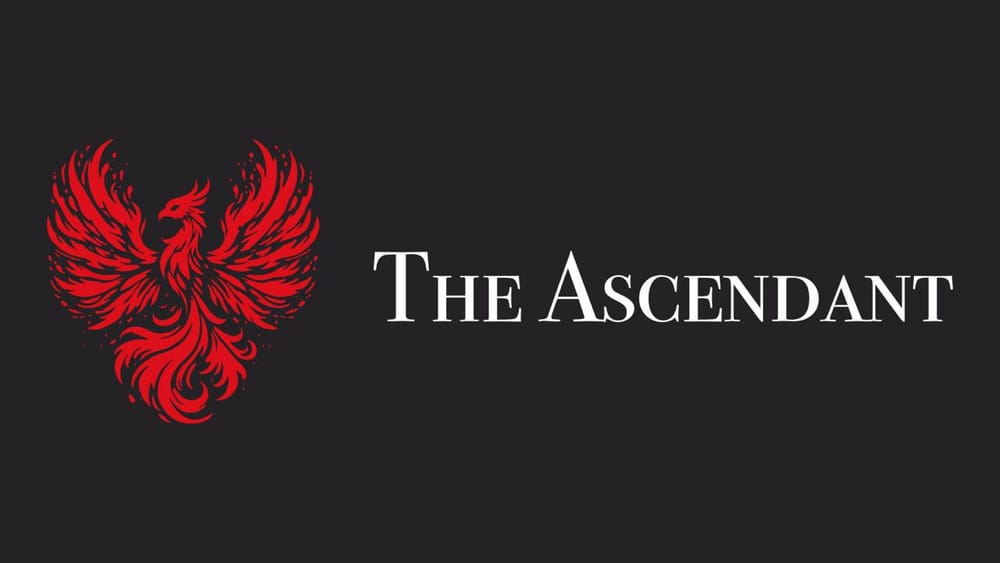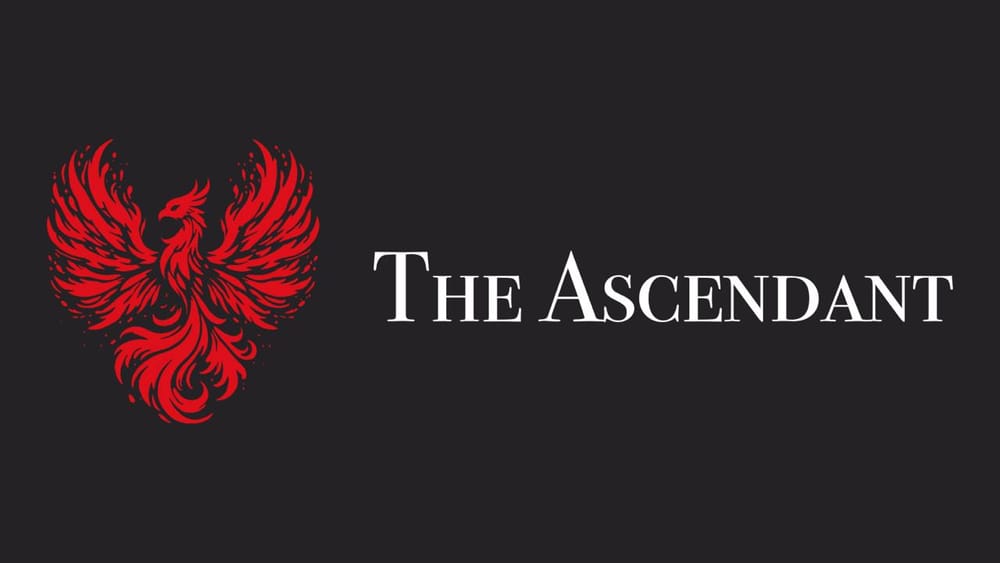ZK Rollups allow us to offload the computational power of a blockchain and only use the outcome of these transactions as a permanent record. This increases the speed, data throughput and privacy of any EVM network. To understand ZK Rollups, it’s important to travel into the past.
Back in 2009 Satoshi gave us not only Bitcoin but three groundbreaking innovations, all neatly rolled into one:
A fully decentralized digital asset (Bitcoin) that people can send and receive globally, without requiring anyone’s permission.
A new unit of accounting (the blockchain) is a triple system of tamper proof registration of data that anyone in the world can audit in real time.
A fully decentralized network with numerous use cases.
It didn’t take long before Vitalik Buterin saw the limitations of the Bitcoin network. He ended up creating Ethereum, and like they say, “the rest is history”.
Now, in 2025, blockchain is going mainstream and becoming its own separate niche in the vast financial sector. The more users discover the sheer awesomeness and utility of the EVM networks, the more potential scalability issues we encounter. Think about it:
Transaction speed - when we try to cram too many cars on a highway, we will inevitably create endless traffic jams. The same is happening to the EVM networks like Ethereum and Solana.
Privacy concerns - when the blockchain data is “out in the open” for everyone to see, we can consider it a blessing and a curse. It’s nice to see when your transactions are correctly validated on the blockchain; however, sometimes it’s important to keep certain data hidden from prying eyes. Some companies want to protect their supplier, customer and other stakeholder data - it’s just good business practice.
Latency issues - when technology is capable of handling a massive amount of data, rest assured that users will always find a way to use this technology to their full potential. This happened during the DSL revolution and video streaming, and it’s now happening with blockchains.
The EVM network is becoming congested with more transactions every day. Using simple “band-aid” solutions just won’t work. It’s time to build some better solutions!
Enter ZK Rollups
Under the hood, an EVM network is nothing more than a massive decentralized supercomputer. It processes data and notarises this on the blockchain. We rent out this computational power by paying a gas fee for every transaction we make. Yes, every time you send a token, buy an NFT or provide liquidity on Uniswap, you’re “renting out” a decentralised supercomputer.
When too many people want to rent this supercomputer at the same time, we inevitably run into trouble: high gas fees and low transaction speeds. Let’s take a closer look at all that data.
Some data does not need to be handled by the supercomputer. Zero Knowledge Rollups (ZK Rollups) allow us to process this data off-chain, crunch the numbers in a much faster way and only notarise the result on the mainnet (the Ethereum network). In essence we have just added more lanes to allow a higher flow of traffic across our (already congested) highway. Now that we have increased the speed, let’s talk about privacy.
A Zero Knowledge proof is a neat byproduct of ZK Rollups. It allows us to cryptographically prove almost anything. How? Simply by showing the result (a cryptographic hash). Think of it as if you have the possibility to prove that you own an elephant without ever showing the mighty beast to the rest of the world. What does this mean for end users?
ZK Proofs open an almost infinite amount of possibilities to use blockchains in ways we never thought possible. Now companies can be sure that their competitors won’t get a chance to conduct industrial espionage. End users can now submit tax information without the danger of disclosing their assets. Universities can now collaborate on research without compromising their data and worrying about plagiarism.
Conclusion
In 2014 we went from http to https for privacy and better data protection. The same is happening in blockchain technology. As the technology grows and becomes adopted globally, it gradually conforms to our modern needs.
Today ZK-Sync, Polygon, Linea, Scroll and many other projects are leading the ZK revolution. Very soon other promising projects will emerge to build faster and more scalable solutions for end users and enterprises.
Being one step ahead of all the ZK developments makes you a much more informed and anti-fragile founder. We are keeping ZK on our radar at all times. Are you?







